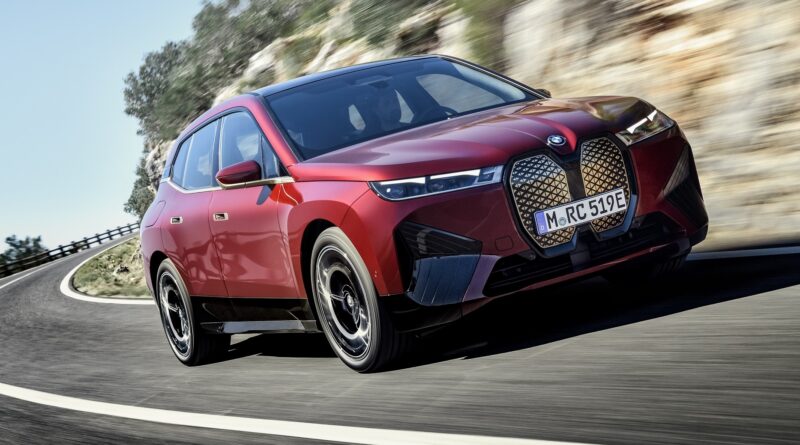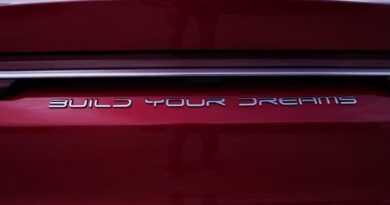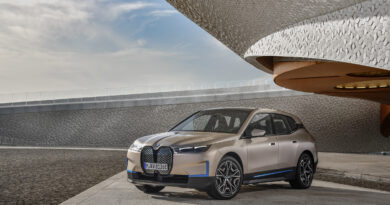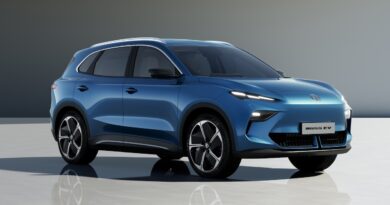BMW ramps up plug-in production with plans to double sales
BMW is more than doubling down on its commitment to plug-in hybrid electric vehicles.
By 2023 it wants 20 percent of all sales to be plug-ins (PHEVs), up from 8 percent today.
To achieve that BMW global boss Oliver Zipse has revealed the German luxury car maker will add an extra 250,000 electrified vehicles to its production plans out to 2023.
Zipse confirmed BMW’s increased ambition to the German Augsburger Allgemeine newspaper during the festive season.
“We are significantly increasing the number of electric vehicles. Between 2021 and 2023, we will build a quarter of a million more electric cars than originally planned,” Zipse told the newspaper, according to a translation.
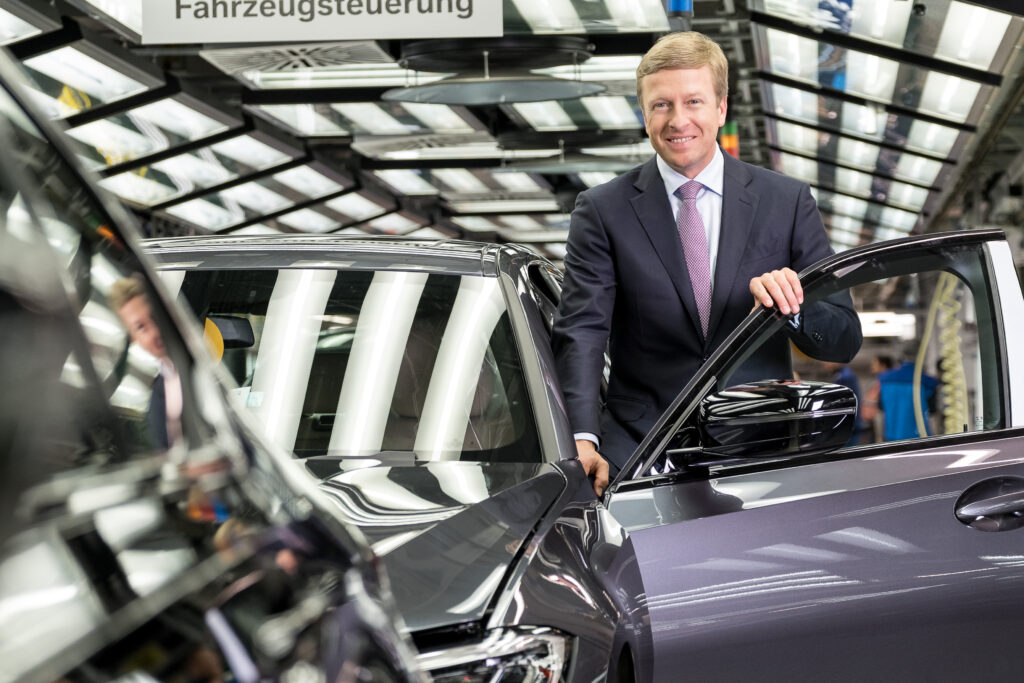
“Our previous plans were anything but conservative.
“We already had ambitious growth plans and wanted to further expand our market position.
“Now we will even more than double our share of electrified vehicles in sales – from around 8 percent this year to around 20 percent in 2023.”
In Australia BMW will get its battery electric offensive rolling with the arrival of the iX3 and IX SUVs this year.
Other BEVs confirmed to be on the way include a new 7-Series, 5-Series, X1 and the i4, joining BMW’s electric crusader the i3.
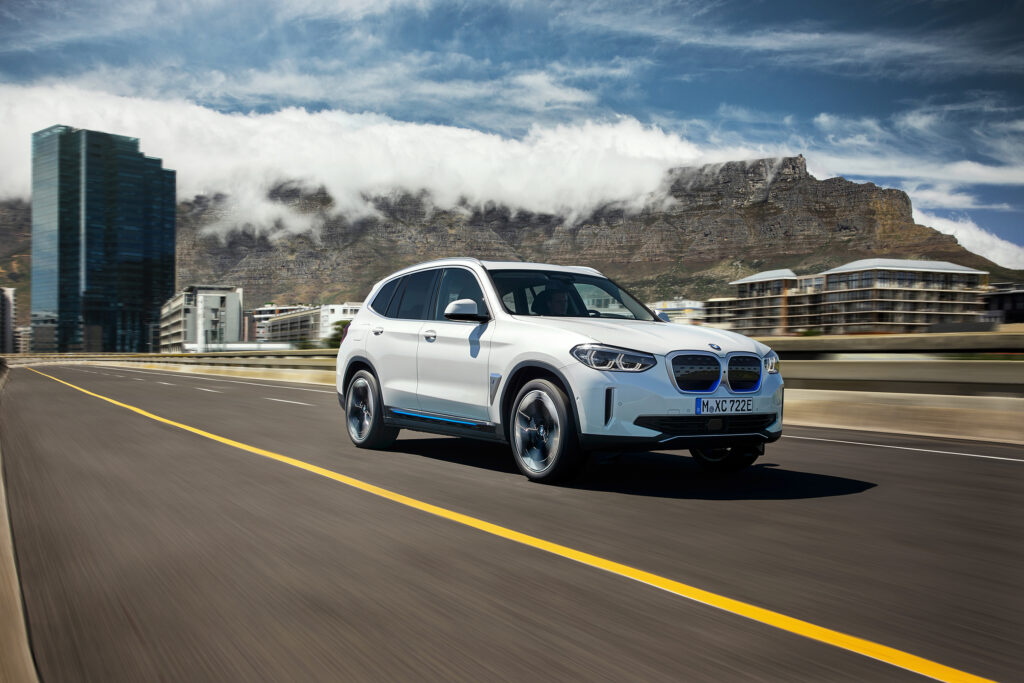
There are also Mini BEV models being added to its line-up.
Back in July BMW stated that by 2023 it intends to have 25 electrified models on sale with half of them fully electric. It also intends to reduce its CO2 output by a third by 2030, equating to 40 million tonnes across 2.5 million vehicles.
Zipse warned a lack of charging infrastructure was a key issue for all manufacturers as they ramped up plug-in production.
“In Germany, around seven to 10 million electrified vehicles will be on the road in 2030. Because every car has to be charged, a total of around eight to 11 million charging points would be needed – one million of them public.
“Starting today, 15,000 private and around 1300 public charging points would have to be put into operation every week for this size. Unfortunately, we are far from that.
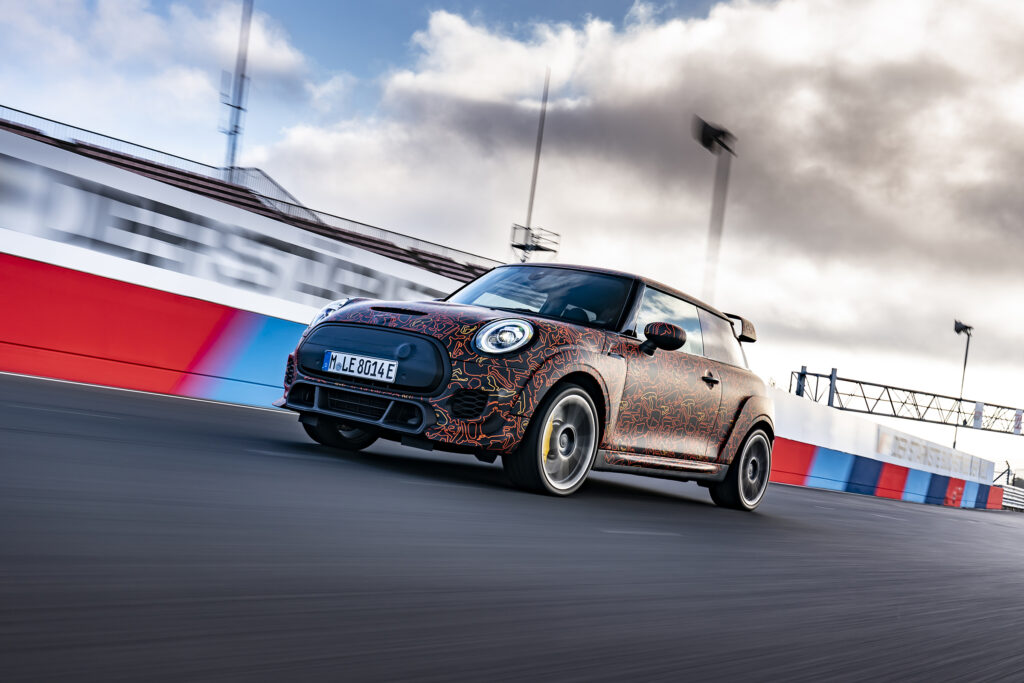
“So my biggest concern is, in fact, that our electric car offensive is being slowed down by the inadequate expansion of the charging infrastructure.”
Zipse denied the boost in plug-in production was an attempt to play catch-up, instead insisting 2021 was the right time to aggressively expand.
Already 2021 is shaping up to be by far the biggest for electric cars in Australia, with more than 30 new arrivals planned throughout the year.
BMW-owned Mini is also planning big things with electricity. It is readying an electric Mini JCW hot hatch.
“We have known for many years that electric mobility will only really get going this year,” he said.
“This is a consequence of the next stage of EU fleet legislation, which will not start until this year. That is why the corresponding vehicles are now coming onto the market.
“No manufacturer can afford to put cars on the market that become slow-moving. We’re not too late with e-cars, we’re taking off at exactly the right time.
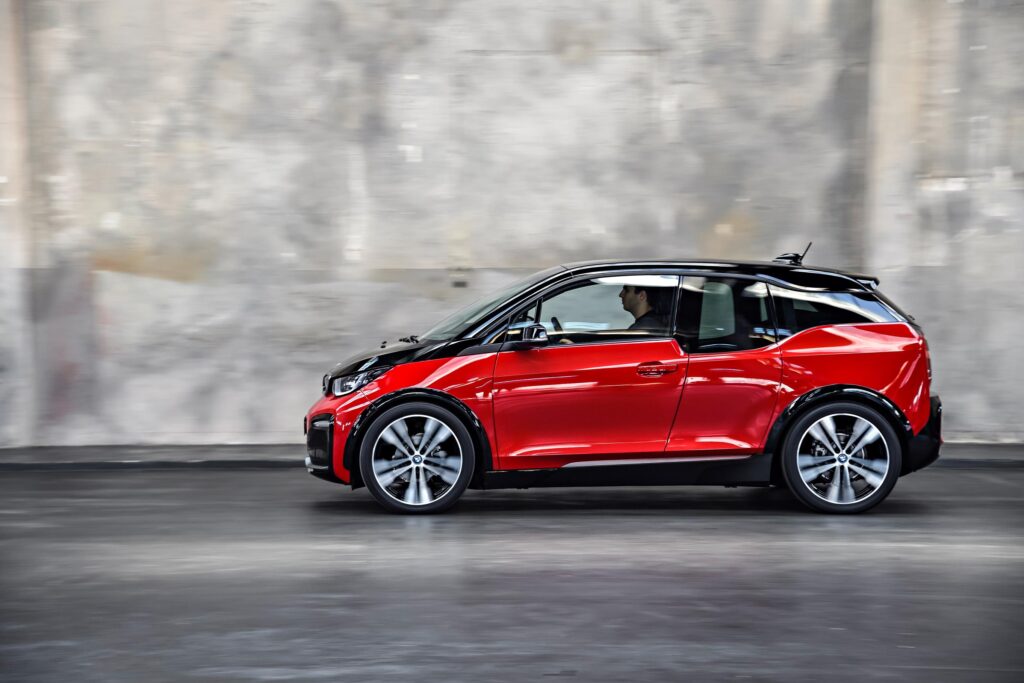
“So BMW has by no means overslept the electric trend; instead, we have rebuilt our plants so that – depending on customer demand – electric cars can also be built there.
“That is why we will be producing all-electric cars in all four German automobile plants as early as 2022. As you can see, our renovation will soon be completed.”
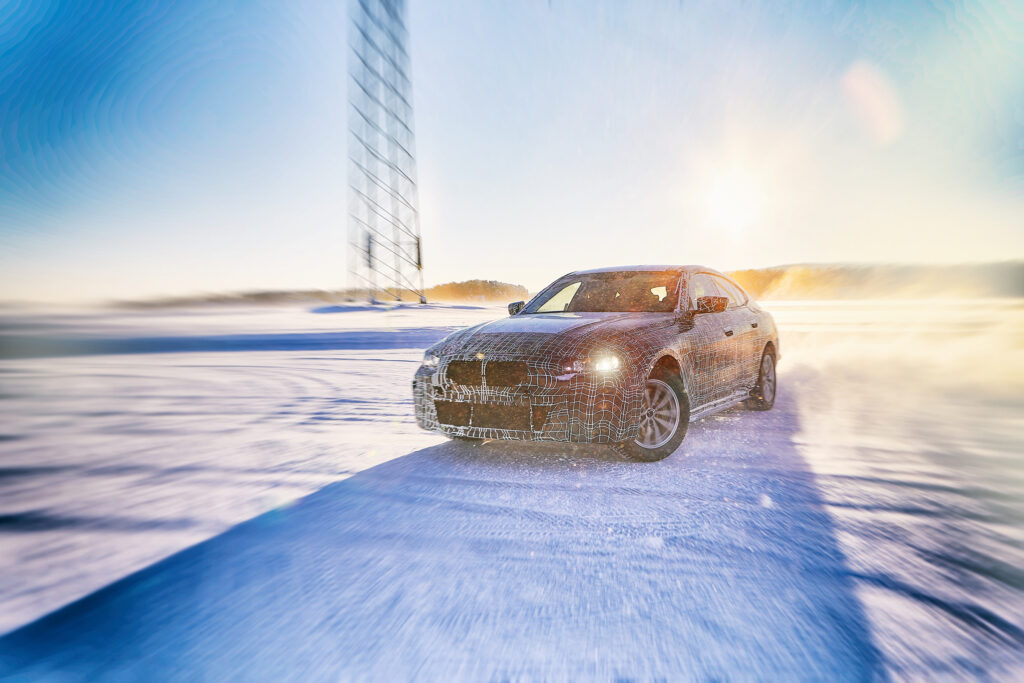
Zipse was courteous toward EV start-up Tesla, describing it as “an impressive entrepreneurial achievement”. But he also claimed BMW more than doubled the US company’s share of plug-ins sold in Germany (although Tesla does not sell hybrids, only EVs).
“Tesla boss Elon Musk is building a car factory in Germany because it is here that he wants to benefit from the strength and competence of our automotive location,” Zipse added.

